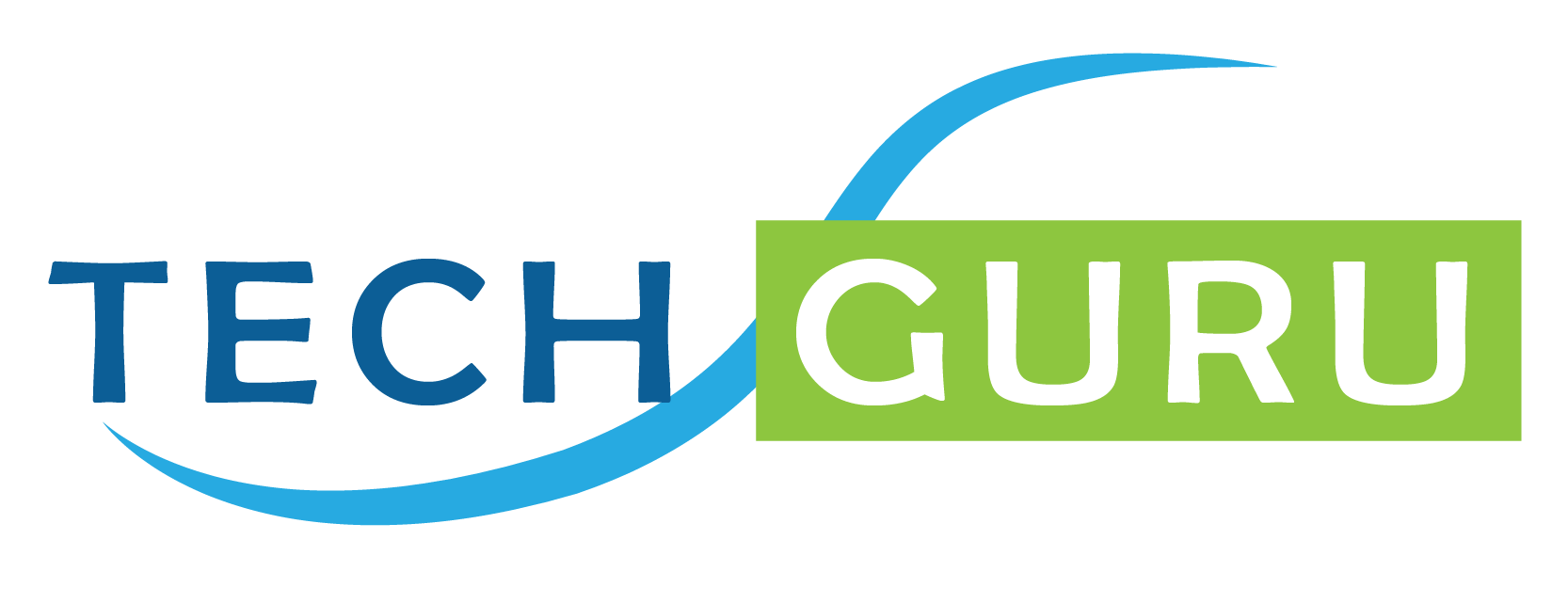“SECP, as the regulator of not just the corporate sector, but also the capital markets, NBFCs and insurance sector, is passionate about implementing a comprehensive and robust code of corporate governance in Pakistan, being equally focused on promoting effective management, improving transparency, and fostering healthy competition,” said SECP Chairman Aamir Khan in his keynote address at Management Association of Pakistan (MAP) Convention 2022 ‘Leadership & Governance in Changing Times’.

He informed that the SECP introduced first Code of Corporate Governance in 2002 and for the first time in Pakistan’s corporate history, brought to the forefront issues related to conflict of interest, concept of independent director, and duties & responsibilities of directors. Over the next decade, Pakistan’s local markets also opened up to international investors and in 2012, the receptive attitude of the market players helped activate reforms in the Code. “This, ushered new provisions related to rights of minority shareholders, corporate social responsibility, and gender diversity to the Code,” he said.
In 2019, the code was amended one again, following the global shift from a “rule based” approach to a “comply or explain” method. Here, the “one-size-fits all” approach was swapped in favour of a customized model, which allowed companies the liberty to explain the impediments in complying with non-mandatory clauses of the Code.
The chairman said that this was also in line with SECP’s objectives of promoting efficient corporate governance outcomes, by acknowledging the specific characteristics of companies in tailoring governance norms. “And in the process allowing freedom to their boards to set their own priorities within a structured parameter”.
SECP also made numerous governance related reforms within the organization aimed at improving transparency, and ensuring effectiveness and efficiency of decision making across various functions, by moving to a function-based structure instead of a sector-based model, informed SECP Chairman. More and more powers have been delegated to the management, while the Commissioners have started focusing more on oversight and policy instead of day-to-day management. Similarly, enforcement activity has also been revamped by separating adjudication, supervision and litigation functions. There by improving transparency and a systematic process of checks and balances.
Speaking on the importance of Enterprise Risk Management (ERM), Aamir Khan said that companies must gravitate towards an integrated, interactive, enterprise-wide approach that assesses and manages all risks taken together. “Integrating ERM directly to the governance strategy facilitates the management to identify, analyze, and control risks inherent in their business strategy,” he said.
He added that existence of an ERM framework also sends a strong signal to the market, and helps improve investor confidence. International investors, in particular, assess how companies have taken appropriate measures to improve their risk management systems.
SECP Chairman also spoke about the significance of ESG, not just in governing SECP’s approach in regulations but also for the corporate sector in ensuring sustainability in financial reporting, ethical investing, and socially responsible business practices.
Keeping this into consideration, SECP introduced the Guidelines for Corporate Social Responsibility in 2013, serving as a base for company’s responsibility towards the community and environment. SECP, through its corporate governance regime, directly caters to the ESG impact indicators, in particular, “inclusive and diverse boards”, while the companies are also required to have an ESG policy covering health, safety and responsible investment aspects, as part of their business strategy.
Recently, guidelines have also been introduced for issuance of green bonds in Pakistan, facilitating issuers of debt securities to diversify their source of financing by initiating sustainable projects for combating climate change, and serving as a viable option to environmentally conscious investors.
On its part, SECP has been able to reduce use of stationary items by 55% directly as a result of digitization of internal workflows and processes in the last financial year. This reduction of paper usage roughly translates into saving 38 trees, just in a span of one year.
SECP has also initiated a dialogue with stakeholders and is working on an ESG regulatory roadmap, serving as an action plan for making meaningful progress within the next few years.
He said that companies need to be treated as going concerns because their impact goes beyond products and services they offer, they provide employment and directly affect the communities they operate in. “We should aim to ‘build to last’ rather than ‘build to benefit’”, said SECP Chairman.


